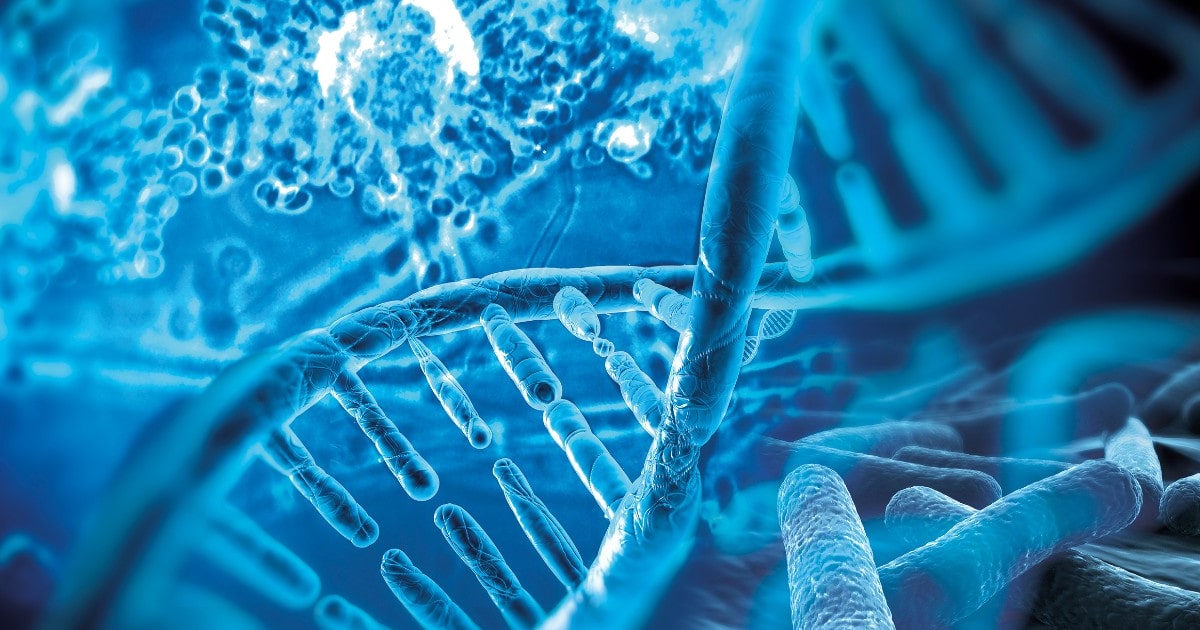
Expert Reviewed By: Dr. Brandon Colby MD
In the intricate tapestry of human health, few threads are as complex and revealing as our genetic makeup. For those affected by Aneurysm-Osteoarthritis Syndrome (AOS), genetic testing offers a beacon of hope, guiding both diagnosis and management. This rare connective tissue disorder, characterized by aneurysms and early-onset osteoarthritis, can be a daunting diagnosis. However, the advent of genetic testing has opened new avenues for understanding and managing this condition.
The Genetic Landscape of Aneurysm-Osteoarthritis Syndrome
Aneurysm-Osteoarthritis Syndrome is a genetic disorder that primarily affects the connective tissues, leading to a predisposition for aneurysms and premature osteoarthritis. The condition is often linked to mutations in the SMAD3 gene, which plays a crucial role in the TGF-beta signaling pathway. This pathway is essential for the regulation of cellular growth, proliferation, and differentiation. Mutations in SMAD3 can disrupt these processes, leading to the manifestations seen in AOS.
Genetic Testing: A Key to Unlocking AOS
Genetic testing has emerged as a critical tool in the diagnosis and management of Aneurysm-Osteoarthritis Syndrome. By identifying specific mutations in the SMAD3 gene, healthcare providers can confirm a diagnosis, assess the risk of developing associated complications, and tailor management strategies to individual patients.
Early Diagnosis and Intervention
One of the most significant advantages of genetic testing is the potential for early diagnosis. In cases where family history suggests a predisposition to AOS, genetic testing can identify at-risk individuals even before symptoms manifest. Early diagnosis allows for proactive monitoring and intervention, potentially mitigating the severity of the disease.
Personalized Management Plans
Once a diagnosis is confirmed through genetic testing, healthcare providers can develop personalized management plans. These plans may include regular imaging studies to monitor for aneurysms, lifestyle modifications to reduce stress on the joints, and medications to manage symptoms. By tailoring treatment to the individual's genetic profile, healthcare providers can improve outcomes and quality of life for those with AOS.
Family Planning and Genetic Counseling
For individuals with AOS, genetic testing also provides crucial information for family planning. Understanding the hereditary nature of the disorder allows for informed decisions regarding the risk of passing the condition to future generations. Genetic counseling can help individuals and families navigate these complex decisions, providing support and guidance throughout the process.
The Broader Implications of Genetic Testing in AOS
Beyond individual diagnosis and management, genetic testing for Aneurysm-Osteoarthritis Syndrome has broader implications for research and public health. By identifying and cataloging genetic mutations associated with AOS, researchers can gain insights into the underlying mechanisms of the disorder, potentially leading to new therapeutic targets and treatment strategies.
Moreover, genetic testing can contribute to a better understanding of the epidemiology of AOS, helping to identify patterns and risk factors that may inform public health initiatives. As more individuals undergo genetic testing, the data collected can enhance our understanding of the genetic landscape of AOS and similar connective tissue disorders.
Conclusion: Embracing the Future of Genetic Medicine
In the realm of rare genetic disorders, Aneurysm-Osteoarthritis Syndrome presents unique challenges and opportunities. Through genetic testing, we have the tools to unravel the complexities of this condition, offering hope to those affected and paving the way for future advancements in genetic medicine. As we continue to explore the genetic underpinnings of AOS, we move closer to a future where personalized medicine is not just a promise but a reality.
For more detailed insights into the genetic aspects of connective tissue disorders, including AOS, refer to the study on SMAD3 mutation and its implications for aneurysm management in congenital heart disease: Study on SMAD3 Mutation.
About The Expert Reviewer
Dr. Brandon Colby MD is a US physician specializing in the personalized prevention of disease through the use of genomic technologies. He’s an expert in genetic testing, genetic analysis, and precision medicine. Dr. Colby is also the Founder of and the author of Outsmart Your Genes.
Dr. Colby holds an MD from the Mount Sinai School of Medicine, an MBA from Stanford University’s Graduate School of Business, and a degree in Genetics with Honors from the University of Michigan. He is an Affiliate Specialist of the American College of Medical Genetics and Genomics (ACMG), an Associate of the American College of Preventive Medicine (ACPM), and a member of the National Society of Genetic Counselors (NSGC)